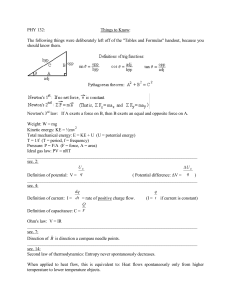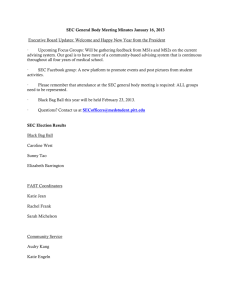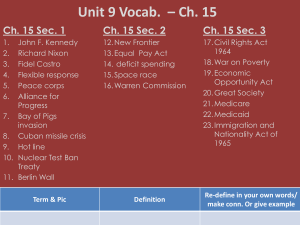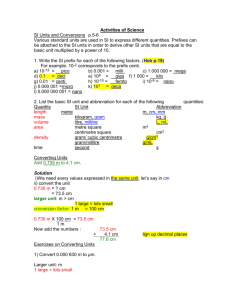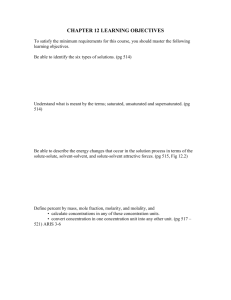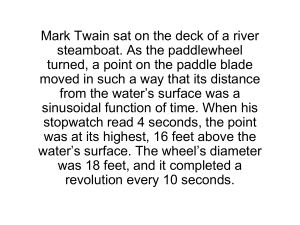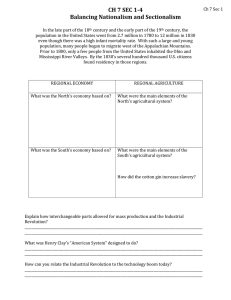Properties of Solutions Chemistry Worksheet
advertisement
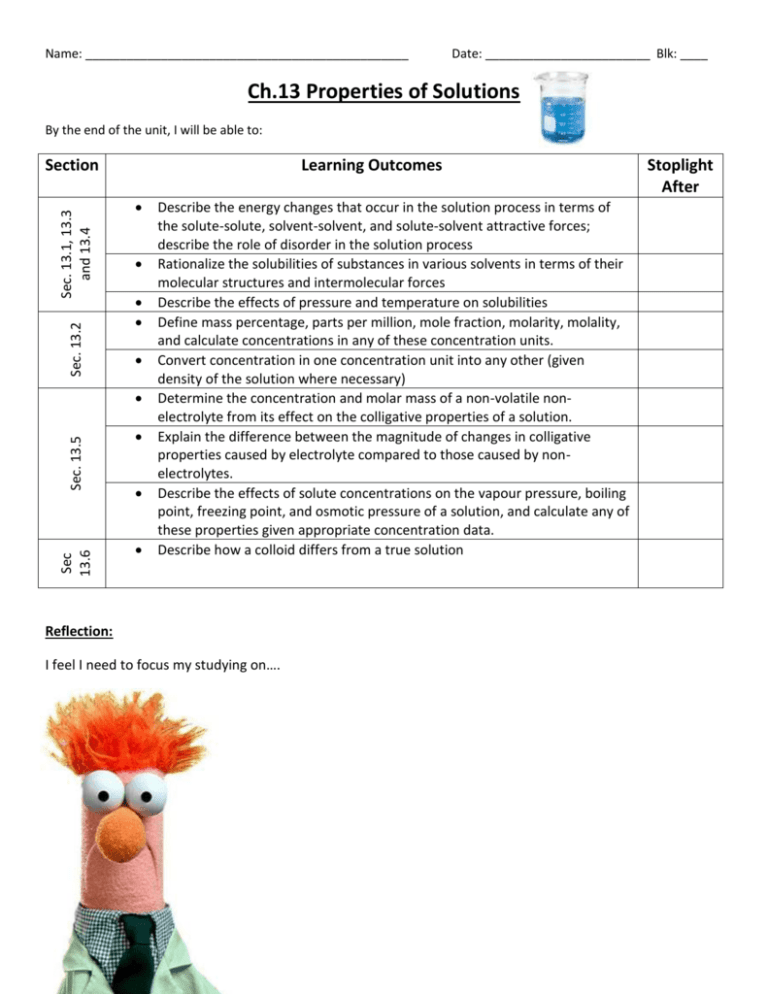
Name: _______________________________________________ Date: ________________________ Blk: ____ Ch.13 Properties of Solutions By the end of the unit, I will be able to: Sec. 13.2 Sec. 13.1, 13.3 and 13.4 Section Learning Outcomes Sec 13.6 Sec. 13.5 Describe the energy changes that occur in the solution process in terms of the solute-solute, solvent-solvent, and solute-solvent attractive forces; describe the role of disorder in the solution process Rationalize the solubilities of substances in various solvents in terms of their molecular structures and intermolecular forces Describe the effects of pressure and temperature on solubilities Define mass percentage, parts per million, mole fraction, molarity, molality, and calculate concentrations in any of these concentration units. Convert concentration in one concentration unit into any other (given density of the solution where necessary) Determine the concentration and molar mass of a non-volatile nonelectrolyte from its effect on the colligative properties of a solution. Explain the difference between the magnitude of changes in colligative properties caused by electrolyte compared to those caused by nonelectrolytes. Describe the effects of solute concentrations on the vapour pressure, boiling point, freezing point, and osmotic pressure of a solution, and calculate any of these properties given appropriate concentration data. Describe how a colloid differs from a true solution Reflection: I feel I need to focus my studying on…. Stoplight After
